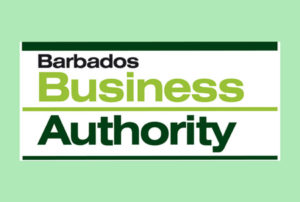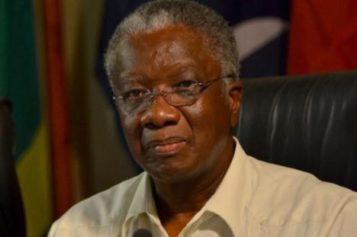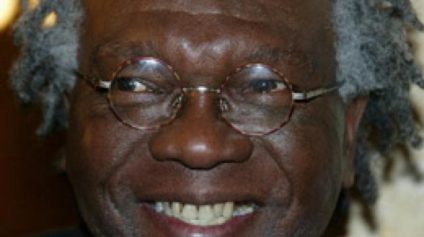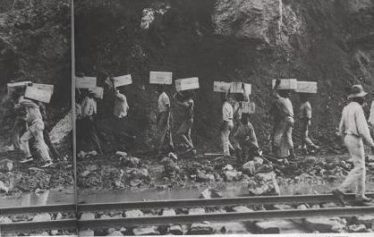
CBERA was enacted in 1984 and formed the basis of the CBI program. However, this act exempted certain products, in which the Caribbean was highly competitive, from liberalization by the U.S.
The CBTPA, which followed at the turn of the millennium, expanded the preferences granted in the first act by increasing the list of goods which were eligible to receive duty-free treatment on import to the U.S.
It also extended North American Free Trade Area to specific countries. Currently, Barbados, Belize, Guyana, Haiti, Jamaica, St. Lucia and Trinidad and Tobago are the only CARICOM countries benefiting from this arrangement. In 2012, the Bahamas, Dominica, Grenada, Montserrat, St. Kitts and Nevis, St. Vincent and the Grenadines and Suriname applied for beneficiary treatment.
1. Duty-free entry into the U.S. for a wide range of products grown and manufactured in CBI countries as an incentive for investment and expanded export production, and other special tariff statuses.
2. CBI textile program: under the CPTPA, apparel manufactured in eligible CBI countries from U.S. yarns and fabric, as well as non-textile products excluded from earlier CBI legislation, will enter the U.S. free of quota and duty.
3. CBI government procurement: national treatment for producers in CBI countries in bidding for certain types of U.S. government procurement opportunities.
4. Exemption for CBI exports to the U.S. from U.S. import merchandise process fees, a fee based on a per cent of value-based customs duty surcharge levied on incoming goods to cover costs of U.S. customs operations.
5. A wide range of government and private-sector business development programs, including trade and investment financing, business missions, and technical assistance programs partially supported through U.S. foreign economic assistance.
The longevity of the CBI program is in question. The CBTPA is scheduled to expire in 2020. On the other hand, the CBERA has no set expiry date.
The longevity of the program, as with all unilateral preference programs, is dependent upon the grant of a waiver by the WTO’s general council. In addition, the U.S. has not undertaken any binding commitments and as such at any point may unilaterally withdraw the program.
There has been a negative trade balance between Barbados and the U.S. over the entire 10-year period of review; U.S. exports to Barbados were greater than Barbados’ exports to the U.S.
Read more at www.nationnews.com


